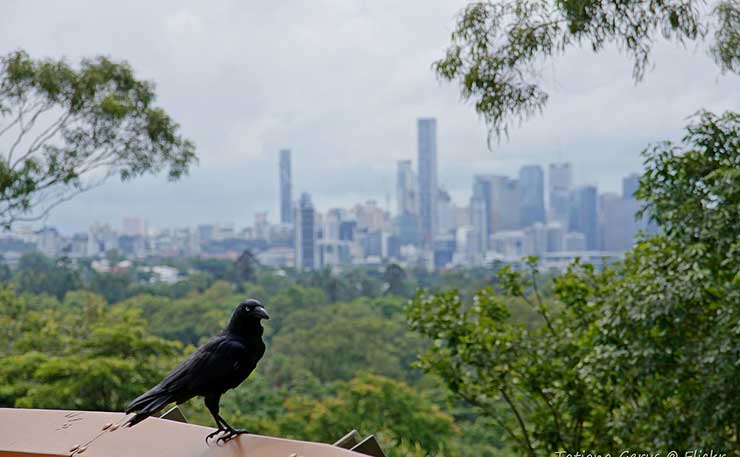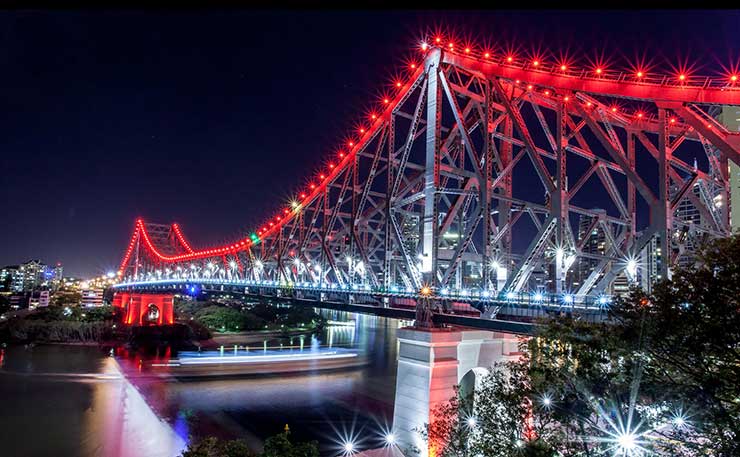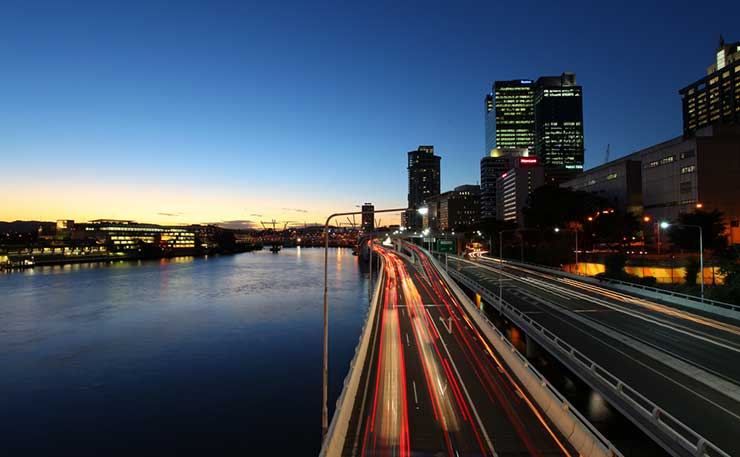Last week, Jonathan Sri became the first Greens councilor elected in Queensland. Here he outlines a Green vision for a city that responds to the will of the people.
The election results are in. We’ve just made history by being the first Greens campaign to win a seat in Queensland without proportional voting.
The whopping swing towards us is more than just a protest vote against the other major parties. It represents a strong endorsement of the policy platform we took to the election, and is a mandate for positive social change.
The vision our campaign offered voters was unashamedly utopian and ambitious. We spoke of a vibrant, sustainable city – a cosmopolitan Brisbane with an efficient, affordable public transport network. We talked of human-scale, walkable suburbs, with separated bike lanes, tree-shaded streets and veggie gardens along the footpaths – social neighbourhoods, with lively public spaces, a bustling night-time economy and a healthy respect for music and the arts.
Most importantly, we envisaged a city where housing is both well-designed and affordable, where residents – not property developers – have the final say over how our neighbourhoods evolve, and where rising rents don’t fracture and fragment our communities. Because if the benefits of urban development flow only to the rich and powerful, such ‘development’ can’t accurately be described as genuine progress.
True progress is the creation of a society where all its members can afford to work fewer hours per week and enjoy more time with loved ones, without having to worry about evictions or mortgage defaults.
Haters will call this vision naïve or idealistic, but it’s important to remember that our society already has the skills, the technology and the resources to create such a city.

We are the gears that keep this machine running. And we are well within our rights to demand outcomes that benefit everyone in society, rather than just a privileged elite.
If we can build tunnels under the river and mega-malls the size of whole villages, we can build affordable housing. If we can afford to fund stadiums and cruise ship terminals, we can afford drinking fountains and a few more public toilets. The problem is ultimately one of governance and collective decision-making.
Our existing system of local government has become excessively bureaucratic and risk-averse. On top of this, the size and structure of Brisbane City Council means that decisions affecting the Gabba Ward are ultimately made by councillors from other parts of the city.
The election result suggests that residents in my ward tend to favour greater investment in public and active transport and less spending on car-oriented road upgrades. However if the majority of city councillors from other wards insist on prioritising private vehicle transport, the democratically expressed will of Gabba Ward residents will be ignored.
Brisbane’s ongoing debate around high-rise development makes for an instructive case study in this respect. Reasonable people can disagree about whether the height limit for a given street in Woolloongabba should be three stories or six stories.
To achieve sustainable development outcomes, we must draw on the lived experiences of residents as well as experts and council administrators. Town planning decisions should therefore be the subject of well-informed public debate and discussion.
Offering residents meaningful input into such decisions (particularly poorer residents who wouldn’t ordinarily engage with conventional avenues for public comment) doesn’t automatically lead to mindless NIMBYism, and in fact encourages council to take a more detailed, longer-term view of the impacts of development, and of future infrastructure needs.
Unfortunately in Brisbane, most big urban planning decisions are taken out of residents’ hands altogether. This means planning decisions tend to favour the short-term interests of elite developers and investors rather than the long-term interests of ordinary Brisbanites.

There’s an injustice at the heart of Brisbane’s construction boom. Low-rent sharehouses and boarding houses are being demolished to make room for apartments that are often too expensive (and inappropriately designed) for poorer residents.
Property investors collect empty homes like trading cards, often choosing to leave new apartments vacant rather than renting them out cheaply. The supply glut of apartments hasn’t significantly improved housing affordability (and unfortunately, under current political and economic conditions, a sudden property market crash would likely hit the poorest the hardest).
Frustratingly, the increased rates revenue that council collects from new apartments isn’t necessarily reinvested in the neighbourhoods that are directly impacted by the development. It goes into general revenue, and is largely spent on mega-projects that might impress the media (and the corporations who tender for these mega-projects) but don’t materially improve the lives of ordinary residents.
So what can residents do to get their voices heard when council ignores them?
I’ve heard people who are concerned about the over-supply of low-quality high rise developments suggest it might be time to form alliances with construction workers to blockade certain building sites.
I’ve heard residents who are sick of exploitative real estate agents propose widespread rent strikes. Such tactics have proven effective in other cities around the world. But for these kinds of actions to work here in Brisbane, they need widespread public support.
I see my role as councillor as being both an opinion-leader and a consensus-builder. If council fails to respond to the democratic will of the people, my duty is to inform residents of what strategically viable options remain open to them, facilitate conversations to help achieve something approaching a consensus, and then support them in whatever path they choose.
Civil disobedience isn’t a course of action we should engage in lightly. But if the majority of city councillors consistently prioritise big business profiteering and defy the reasonable, well-informed demands of residents, there’s a compelling moral and practical case for direct action.

Right now, I believe there’s a strong appetite in Brisbane for political and social change. Over the next few months, as Councillor for the Gabba Ward, I intend to experiment with different systems of localised collective decision-making, employing a range of participatory democracy strategies from town hall forums and neighbourhood councils to local online plebiscites.
Some residents will be content to simply leave decisions up to me as their elected representative. But I expect that many will relish the opportunity to have a greater say in the future of their neighbourhoods.
It won’t be perfect. We may make mistakes from time to time. But this strategic path offers the potential to channel our collective social power through a medium that amplifies it.
We lose nothing by trying.
What’s clear to me is that many residents are unsatisfied with mainstream politics. They recognise the flaws and are craving a more democratic alternative. So that’s what I’m going to work towards.
Innovative approaches to collective decision-making at the city council level are a small but important step on the road to social and political evolution.
If people want change, this is the time to fight for it.
Donate To New Matilda
New Matilda is a small, independent media outlet. We survive through reader contributions, and never losing a lawsuit. If you got something from this article, giving something back helps us to continue speaking truth to power. Every little bit counts.





